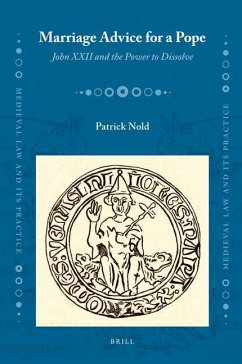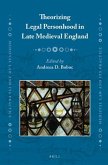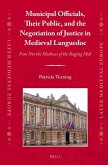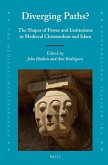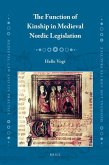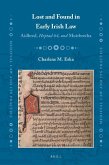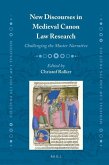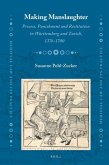The Medieval Church taught that marriage was indissoluble and that consent was the key. Why then could a marriage be dissolved by one spouse joining a religious order after an exchange of consent but before consummation? This question vexed Thirteenth-century academics and, in the fourteenth century, Pope John XXII asked a group of leading theologians and lawyers to study the issue. Position-papers were produced to explain the exception to the rule of indissolubility for chaste monks and nuns, and to explore whether the pope had the power to extend it to celibate priests and deacons. These texts, edited here, were used by John XXII to draft his bull "Antique Concertationi" (1322). This study reconstructs the story behind the constitution, providing a unique insight into the decision-making process at the Roman curia in Avignon under a controversial pope.
Hinweis: Dieser Artikel kann nur an eine deutsche Lieferadresse ausgeliefert werden.
Hinweis: Dieser Artikel kann nur an eine deutsche Lieferadresse ausgeliefert werden.

